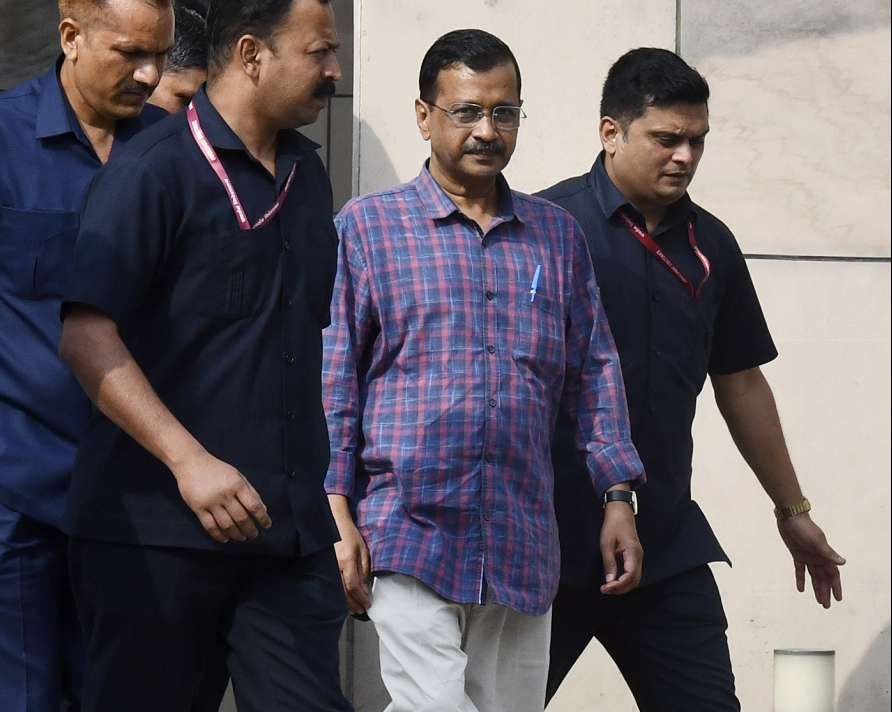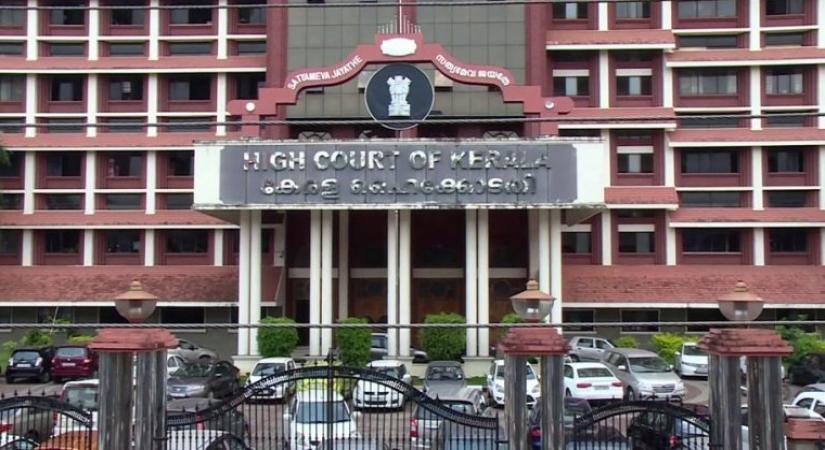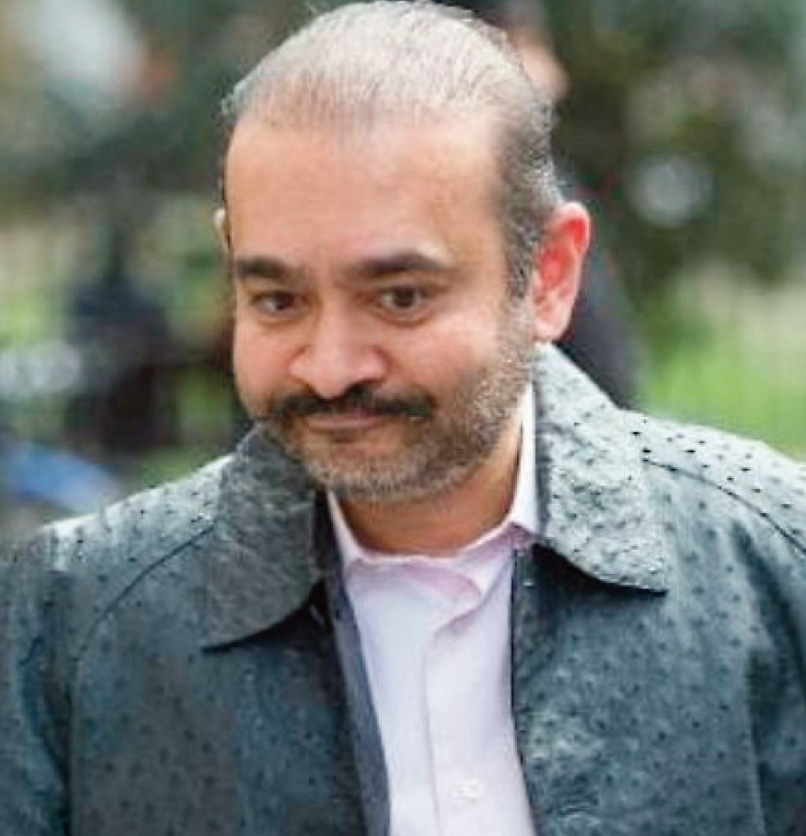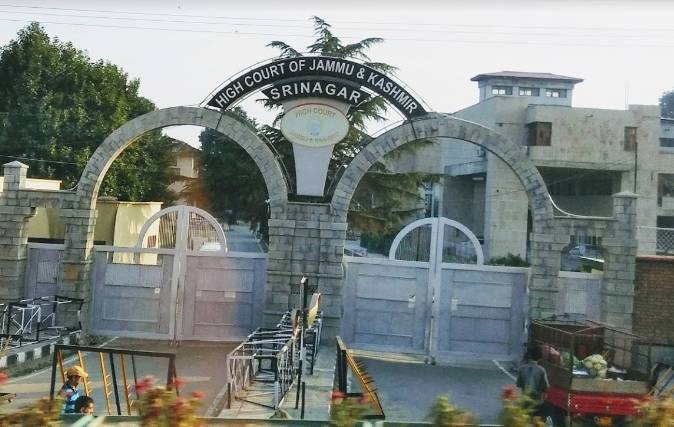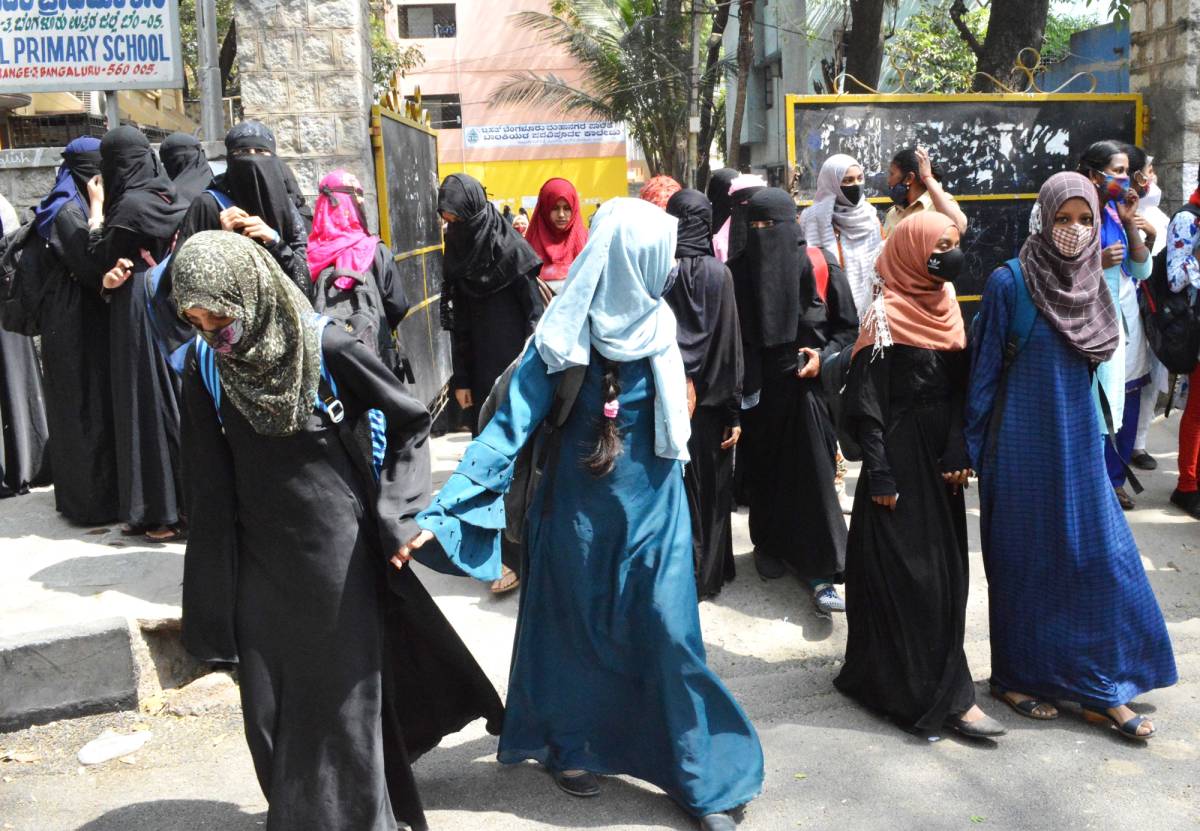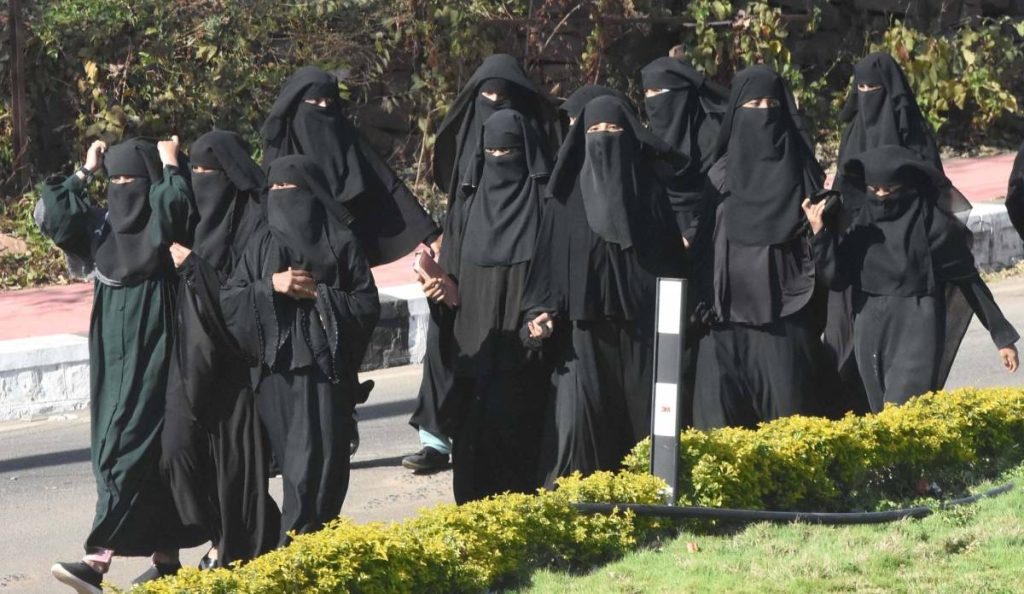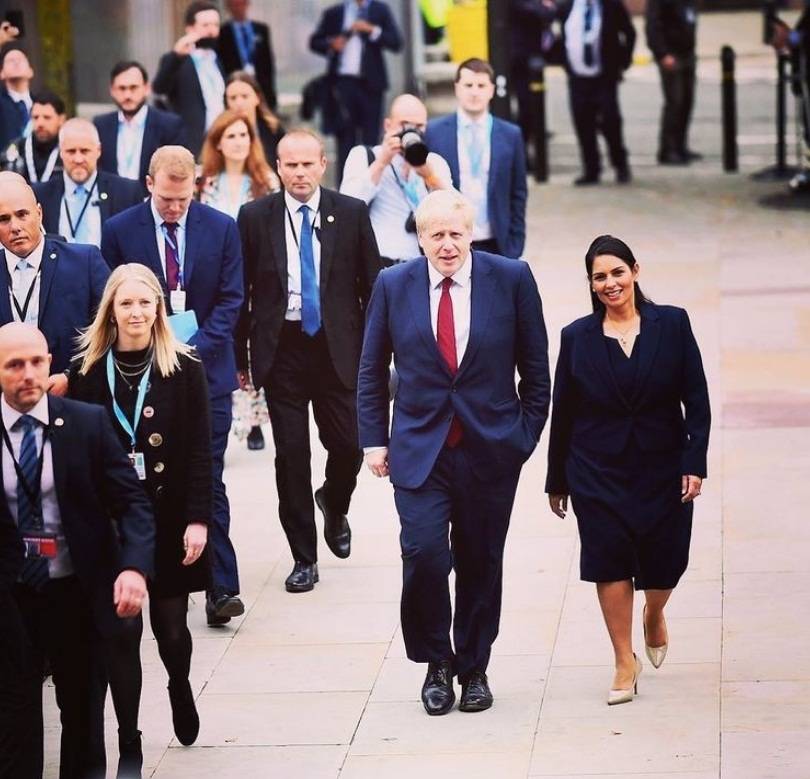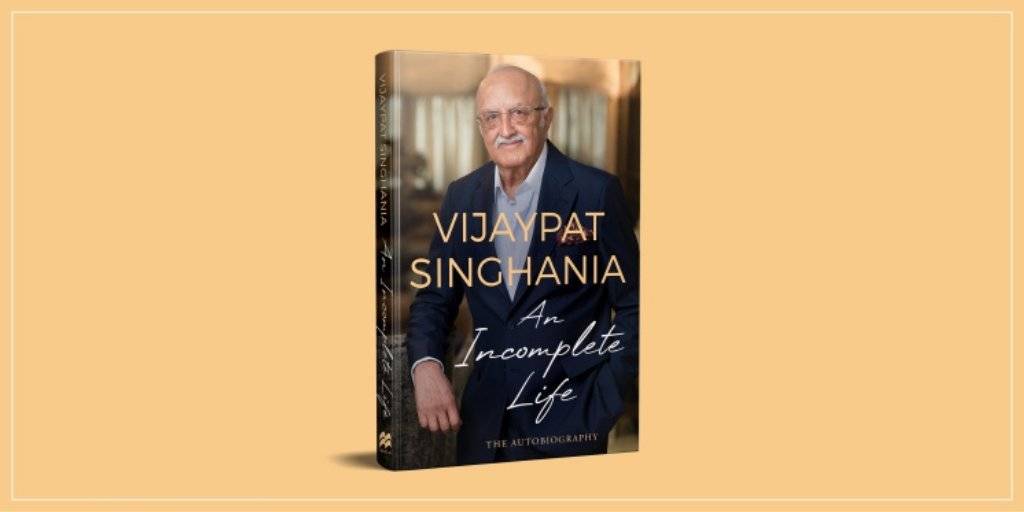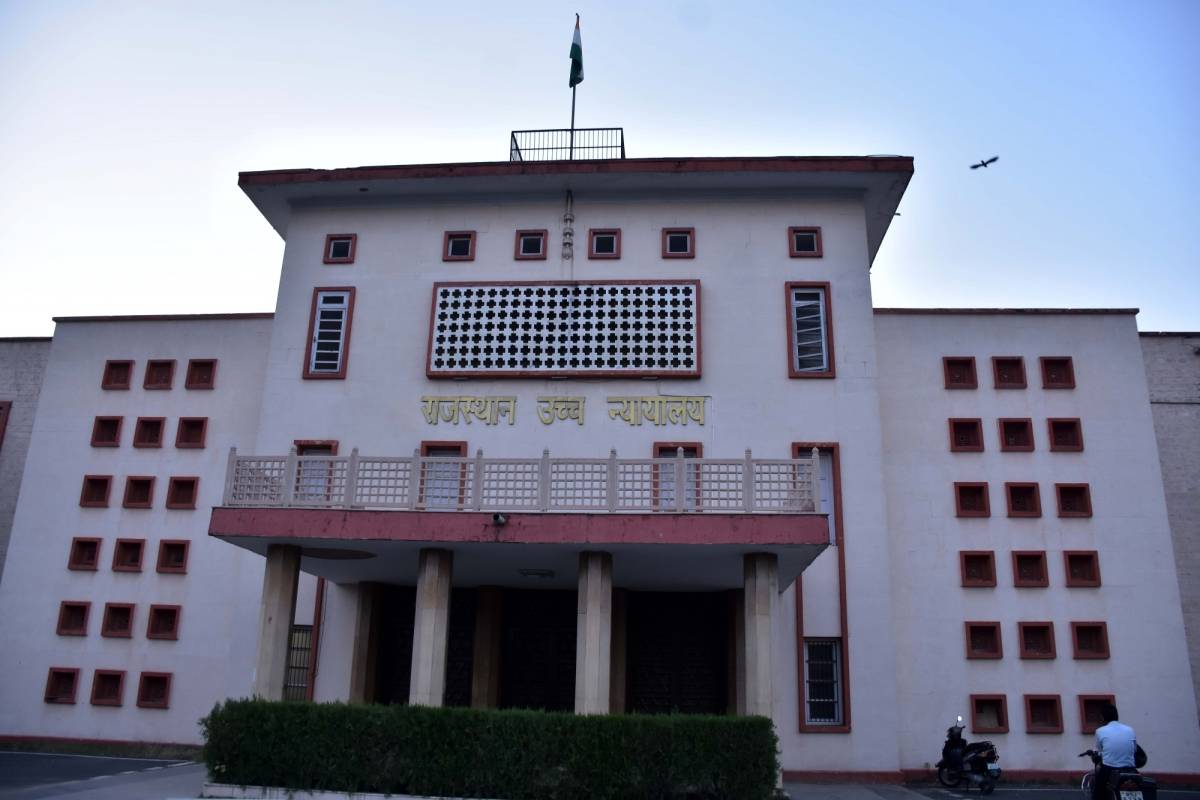Judge Baweja allowed Kejriwal to meet his family members, including his wife, daughter, PA and advocates…reports Asian Lite News
A Delhi court on Thursday extended, till April 1, the ED custody of Chief Minister Arvind Kejriwal, holding that there were “sufficient reasons” while allowing him to meet his family members and lawyers.
CM Kejriwal, whose alleged role in the excise policy scam is being probed by the Enforcement Directorate (ED), was produced before Special Judge Kaweri Baweja of the Rouse Avenue Court on the expiry of his six-day ED remand on Thursday.
Judge Baweja, who is hearing the case, had sent him to ED custody on March 22.
On Thursday, the probe agency sought the Chief Minister’s custody for seven more days. However, after hearing the arguments, the court extended the AAP supremo’s ED remand by four days till April 1, observing that there appear to be “sufficient reasons” to permit his further custodial interrogation, particularly keeping in view the submissions of the ED.
The probe agency submitted that he is required to be confronted with the material collected and statements recorded so far in the course of the investigation.
The court directed the investigation officer to ensure that further interrogation and confrontation etc. of the accused is done without any delay.
Judge Baweja allowed Kejriwal to meet his family members, including his wife, daughter, PA and advocates.
Moreover, the court has directed the agency to conduct the interrogation at a place with CCTV coverage and for the preservation of the footage. The ED has also been asked to provide the requisite medication to Kejriwal and get him medically examined in accordance with the law during the period of his custody.
During the hearing on Thursday, the courtroom was packed with CM Kejriwal’s supporters. His wife Sunita Kejriwal and AAP leaders Gopal Rai, Atishi, and Saurabh Bharadwaj, among others, were also present in the courtroom.
Appearing for the ED, Additional Solicitor General S.V. Raju submitted that Kejriwal needs to be confronted with some individuals connected to AAP who have been summoned from Goa. He also accused Kejriwal of not cooperating with the probe and giving evasive replies, adding that digital data needs to be checked for which the ED needs passwords.
“Kejriwal says he will ask his lawyers whether to give the passwords,” he said.
As the court also allowed Kejriwal to make personal submissions, he said the CBI has filed 31,000 pages while the ED has filed 25,000 pages in the case, but no one has been found guilty.
“My question is, why have I been arrested,” he asked. “I am not opposing the ED custody… It can keep me for as long as it wants, but this is a scam. My name was taken by four witnesses… Many people come to my residence, is that enough ground to arrest a sitting CM,” Kejriwal said.
He also claimed that people are being made approvers in the case and forced to change their statements.
On Kejriwal’s claim that Sarath Reddy gave over Rs 50 crore to the BJP, the ASG said that it had nothing to do with the liquor scam. “The BJP did not have the right to make the (excise) policy. We are not concerned with anyone paying any money to any person. That has nothing to do with the liquor scam,” he said.
He also claimed that the ED has materials to show that Kejriwal demanded Rs 100 crore in kickbacks.
The ED arrested Kejriwal on March 21 after questioning him for over two hours at his official residence in Delhi. On Wednesday, the Delhi High Court refused to grant any interim relief to Kejriwal, who contended that his arrest and the remand order passed by Judge Baweja were illegal and that he was entitled to be released from custody immediately, holding that the probe agency has to be granted an opportunity to file a reply.
The ED has termed Kejriwal the “kingpin and the key conspirator” of the alleged excise scam in collusion with other ministers of the Delhi government, AAP leaders, and other persons.
ALSO READ-India Summons US Diplomat Over Kejriwal Arrest Remarks

